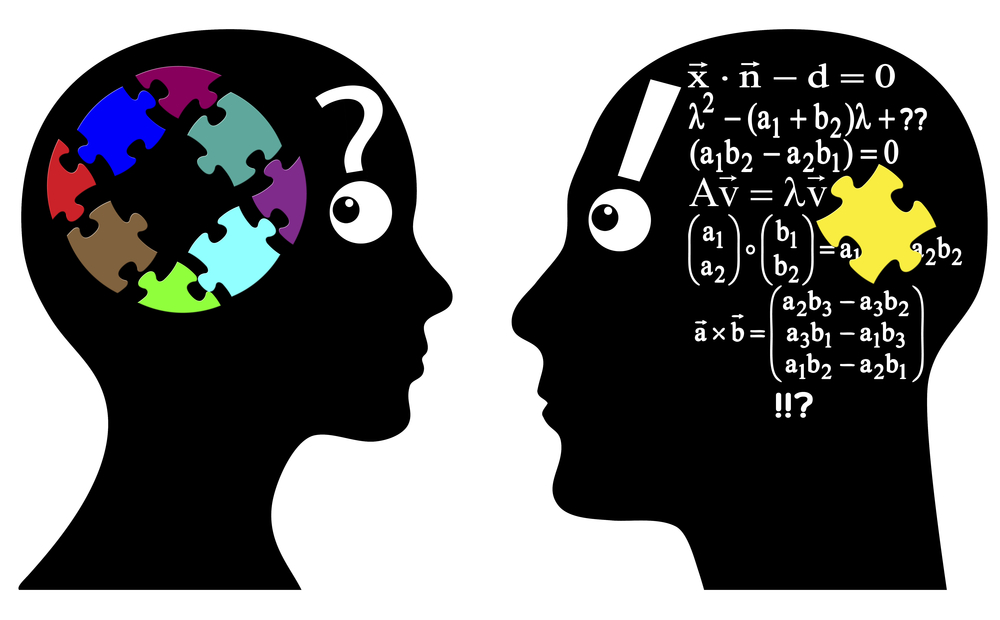Study Shows That Autism Is Caused By High Levels Of Estrogen In The Womb During Pregnancy
Source: Thailand Medical News Aug 05, 2019 5 years, 8 months, 3 weeks, 21 hours, 24 minutes ago
Researchers from the University of Cambridge and the State Serum Institute in Denmark , have discovered a link between exposure to high levels of estrogen hormones in the womb and the likelihood of developing autism.

The discovery adds further evidence to support the prenatal sex steroid theory of autism first mentioned two decades ago. The same team in 2015, measured the levels of four prenatal steroid hormones, including two known as androgens, in the amniotic fluid in the womb and found that they were higher in male fetuses who later developed autism. These androgens are produced in higher concentrations in male than in female fetuses on average, so might also explain why autism occurs more often in male children. These hormones were also known to masculinize parts of the brain, and to have effects on the number of synapses among the brain cells.
Now, the same team have further researched on their initial findings by testing the amniotic fluid samples from the same 98 individuals sampled from the Danish Biobank, which has collected amniotic samples from over 100,000 pregnancies, but this time, paying careful attention at another set of prenatal sex steroid hormones called estrogens. This is a critical aspect as some of the hormones previously studied are directly converted into estrogens.
The findings showed that all four estrogens were significantly elevated, on average, in the 98 fetuses who later developed autism, compared to the 177 fetuses who did not. High levels of prenatal estrogens were even more predictive of likelihood of autism than were high levels of prenatal androgens. Contrary to popular belief that associates estrogens with feminization, prenatal estrogens have effects on brain growth and also masculinize the brain in many mammals.
"This new finding supports the theory that increased prenatal sex steroid hormones are one of the potential causes for the condition. Genetics is well established as another, and these hormones likely interact with genetic factors or epigenetize to affect the developing fetal brain. These elevated hormones could be coming from the mother, the baby or the placenta. Our next step should be to study all these possible sources and how they interact during pregnancy.” commented lead researcher, Professor Simon Baron-Cohen, Director of the Autism Research Centre at the University of Cambridge in an exclusive interview with Thailand Medical News.
"This is a terrific example of how a unique biobank set up 40 years ago is still reaping scientific fruit today in unimagined ways, through international collaboration." said Dr Arieh Cohen, the biochemist on the team, based at the State Serum Institute in Copenhagen.
The research was supported by the Autism Research Trust, the Medical Research Council, and Wellcome.
Reference:Simon Baron-Cohen, Alexandros Tsompanidis, Bonnie Auyeung, Bent Nørgaard-Pedersen, David M. Hougaard, Morsi Abdallah, Arieh Cohen, Alexa Pohl. Foetal oestrogens and autism. Molecular Psychiatry, 2019; DOI: 10.1038/s41380-019-0454-9
